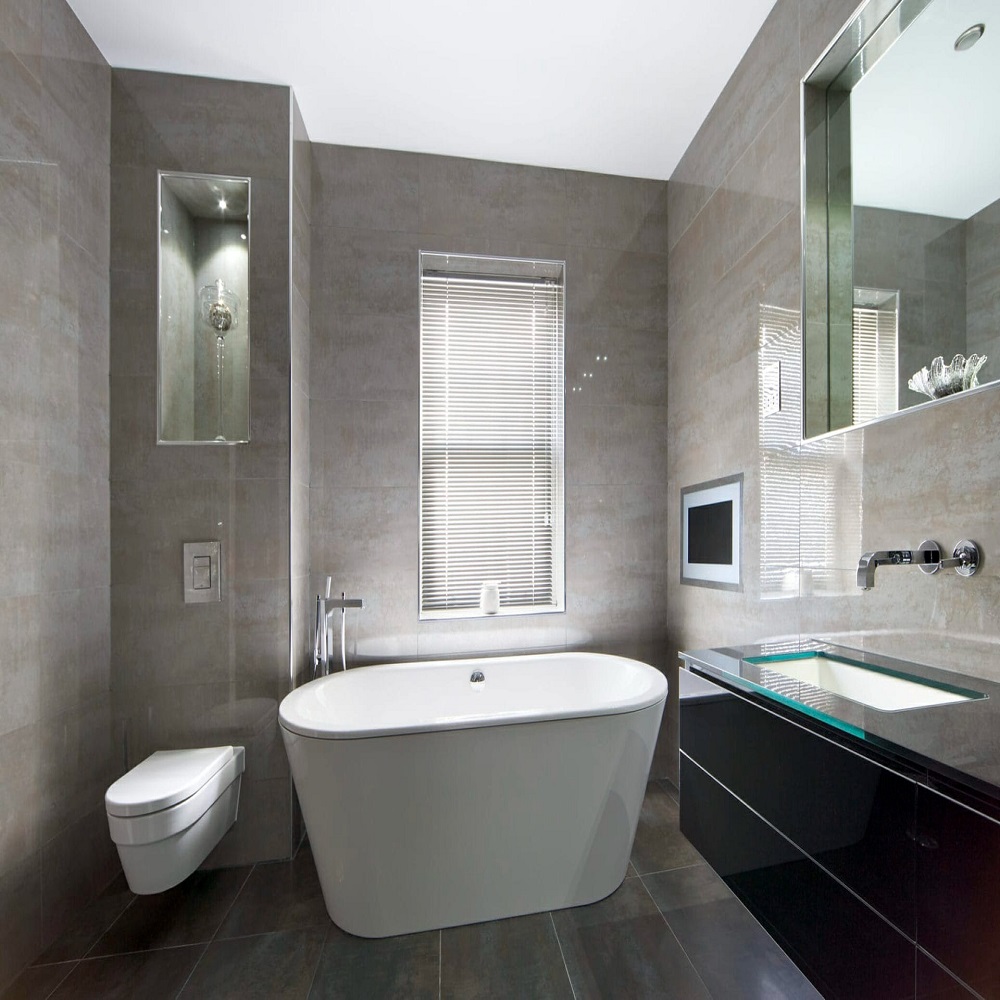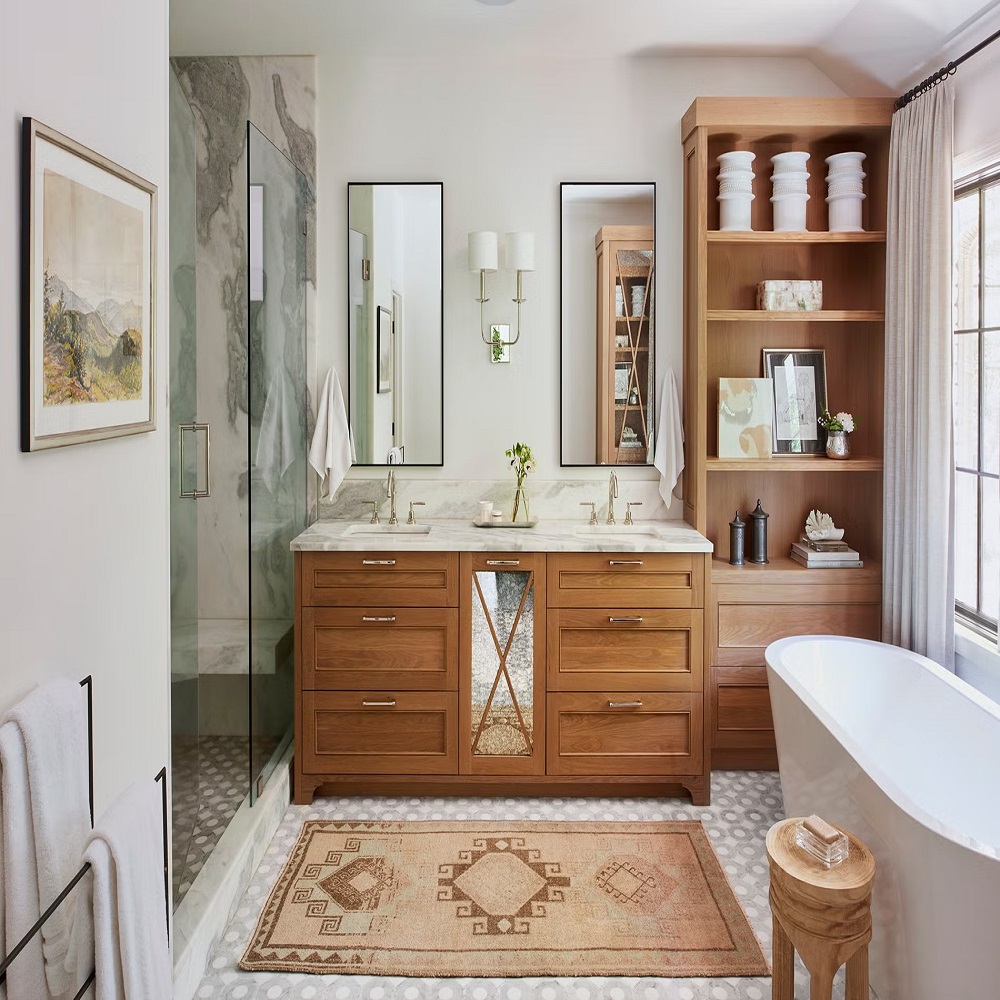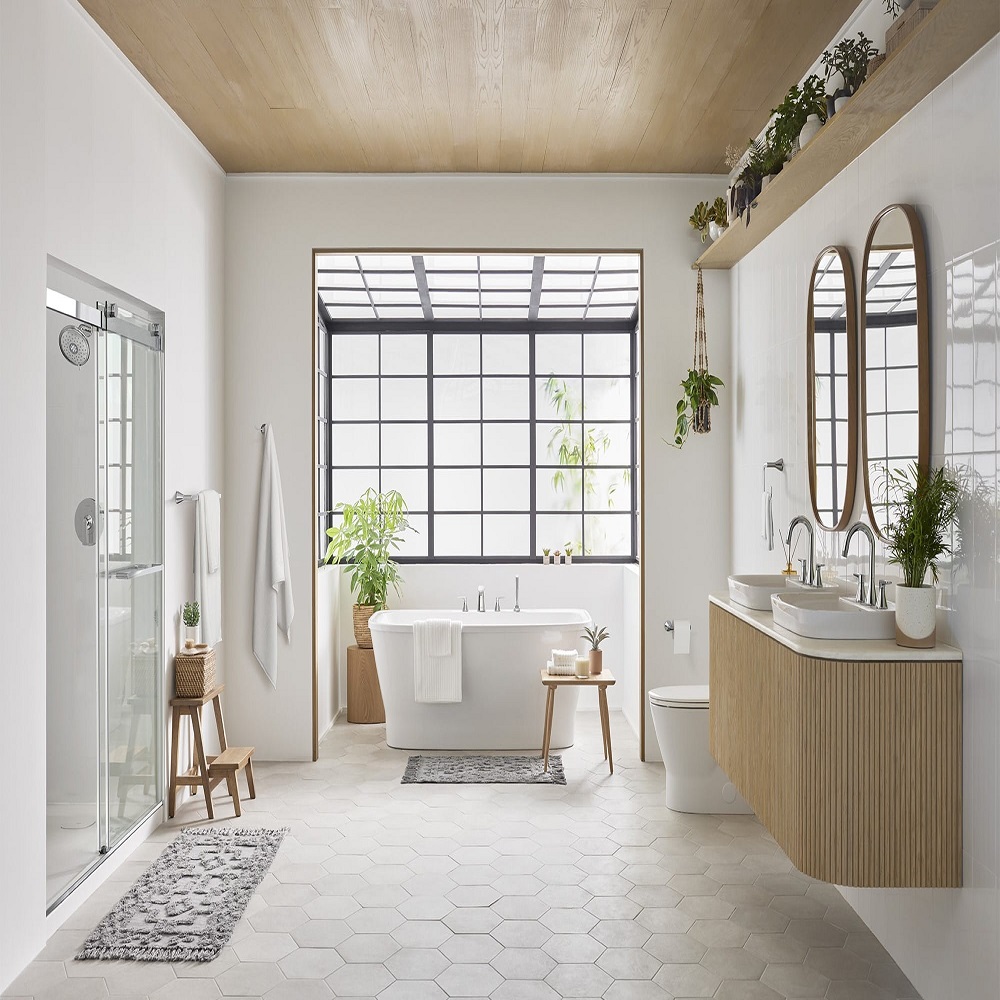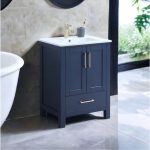Identifying the Type of Bathroom Flies
Before tackling an infestation, it’s crucial to identify the type of flies you’re dealing with. Commonly, the ‘little flies in bathroom’ are either drain flies, fruit flies, or fungus gnats. Drain flies are small, tan, and moth-like bugs that breed in the slime of drain pipes. Fruit flies are brownish-yellow and are attracted to overly ripe fruit and sugary substances. Fungus gnats are tiny, black flies that thrive in damp soil and decaying organic matter.
Identify these pests by their appearance and breeding habits. For drain flies, look for them resting on bathroom walls or near drains. Fruit flies are often seen flying around garbage cans or fruit bowls. Fungus gnats hover around overwatered houseplants or areas with high humidity. Knowing which fly is in your bathroom directs you to the right eradication methods. With this knowledge, you can target their breeding grounds for a more effective pest control strategy.

Root Causes of Bathroom Fly Infestations
Understanding the root causes of ‘little flies in bathroom’ is key to long-term prevention. Here are common reasons why these pests may be present:
- Stagnant water: Standing water provides a perfect breeding ground for many types of flies.
- Organic matter: Debris such as hair, dead skin cells, and soap scum in your drain can attract flies.
- Overly humid conditions: Bathrooms, typically damp areas, can favor the proliferation of flies.
- Infrequent cleaning: Without regular cleaning, the organic matter builds up making it more inviting for flies.
- Faulty pipes: Leaky pipes create moist environments, ideal for fly breeding habitats.
- Poor ventilation: Inadequate air circulation can increase humidity levels, which attracts more flies.
To prevent these little pests, you should address these issues by fixing leaks, ensuring proper ventilation, and maintaining a regular cleaning routine.
Step-by-Step Guide to Eliminating Bathroom Flies
If you’re tired of the little flies in your bathroom, follow these practical steps to eliminate them:
- Identify the Fly Type: As mentioned before, know whether you’re dealing with drain flies, fruit flies, or fungus gnats.
- Clean Regularly: Remove any organic debris in drains with a stiff brush. Clean surfaces to remove food sources for fruit flies.
- Dry Out: Reduce standing water where flies breed. Fix dripping faucets and wet floor areas.
- Apply Gel Cleaners: For drains, use gel cleaners that cling to pipes and remove the gunk that attracts flies.
- Trap Them: Set up sticky traps or make a DIY trap using apple cider vinegar and plastic wrap.
- Prevent Their Return: Once you have tackled the current infestation, prevent a new one by addressing the root causes mentioned earlier.
- Inspect Plants: Move overwatered houseplants outside or let the soil dry out to discourage fungus gnat breeding.
- Boil Water: Flush your drains with boiling water weekly to deter fly breeding.
By following these steps, you’ll create an environment that’s hostile to little flies in bathroom. Keep at it, and you’ll enjoy a fly-free space.
Natural Remedies to Get Rid of Bathroom Flies
Those pesky little flies in the bathroom can be a nuisance. But fear not! You can use several natural remedies to clear them out. Let’s explore some effective options.
Use Essential Oils: Flies dislike certain scents. Essential oils like eucalyptus, peppermint, and lavender can keep them away. Create a spray by mixing a few drops of oil with water and spritz around your bathroom.
Vinegar Trap: Mix apple cider vinegar with a drop of dish soap. Cover the bowl with plastic wrap and poke small holes. Flies get lured in but can’t escape.
Baking Soda and Vinegar: Pour baking soda down the drain followed by vinegar. It creates a reaction that can help clear out gunk and deter flies.
Citrus Peels: Leave lemon or orange peels out. Their natural oils repel flies and freshen up the bathroom.
Clove-Based Repellents: Flies hate the smell of cloves. Place a few cloves in a lemon halve to keep them at bay.
By trying these strategies, you can say goodbye to little flies in your bathroom. They are easy on the environment and won’t add chemicals to your home.

Chemical Products for Controlling Bathroom Flies
While natural remedies can be effective for managing little flies in bathroom, sometimes chemical products are necessary for severe infestations. Here are some chemical solutions that can help you regain control over your bathroom space:
- Insecticide Sprays: There are sprays specifically designed to kill flies. Look for those safe for indoor use.
- Drain Cleaners: Chemical drain cleaners can remove the organic matter that attracts flies.
- Fly Baits: Baits can draw flies in and then poison them. Place them in discreet locations.
- Insect Growth Regulators (IGRs): IGRs prevent flies from reaching maturity, breaking the life cycle.
Always follow the instructions when using chemical products. Ensure good ventilation when applying them. Keep them away from pets and children. Chemical products should be a last resort, after trying natural and physical methods. Prevention is still key to keeping little flies in bathroom away for good.
Preventive Measures to Keep Bathroom Flies at Bay
Preventive actions are the best way to ensure that little flies in bathroom do not become a constant nuisance. Here’s what you can do to keep them at bay:
- Ensure Proper Ventilation: Open windows regularly to let fresh air in. A well-ventilated bathroom has less stagnant air conducive to flies.
- Fix Leaks Promptly: Repair any leaky faucets or pipes. This stops standing water which can attract flies.
- Regular Waste Disposal: Empty bathroom trash cans often. Don’t let waste build up; it’s a fly magnet.
- Frequent Cleaning: Wipe down surfaces and sweep floors daily. Remove any food or organic residues.
- Dry Surfaces After Use: After showering or bathing, use a squeegee on tiles and shower walls. Dry conditions deter flies.
- Cover Drains: When not in use, cover drains with stoppers. This denies flies a potential breeding ground.
- Control Humidity: Use a dehumidifier if needed. Lower humidity levels make the environment less inviting to flies.
- Store Ripe Fruit Properly: Do not leave ripe fruit out in the open. Place it in the fridge or airtight containers.
By incorporating these measures into your routine, you create a hostile environment for little flies and reduce their chances of settling in your bathroom. Stay diligent, and you’ll maintain a pest-free bathroom.
Cleaning Tips to Discourage Bathroom Fly Breeding
To reduce the presence of little flies in bathroom, thorough cleaning is essential. Here are some cleaning tips that can help prevent these pests from breeding:
- Brush Drains: Clean your drains with a stiff brush to remove organic build-up. This cuts off the food source for the flies.
- Boil and Flush: Once a week, pour boiling water down drains. This helps to kill any developing larvae.
- Empty Trash Bins: Change your bathroom trash bags regularly. This prevents organic waste from attracting flies.
- Wipe Down Surfaces: Clean bathroom surfaces often to remove any spilled liquids or residues. Good hygiene can deter flies.
- Dry Out Floors and Sinks: After use, make sure to dry out sinks and floors. Less water means less breeding spots for flies.
- Clean Fabric and Towels: Keep towels and any fabric items clean and dry. Moist fabric can harbor fly eggs.
- Regular Deep Clean: Schedule a monthly deep clean. Focus on hard-to-reach areas where flies might breed.
By following these cleaning tips, you can keep your bathroom less attractive to little flies and maintain a more sanitary space.

Professional Pest Control Options for Persistent Infestations
Sometimes, despite your best efforts, little flies in the bathroom persist. When natural and chemical options fail, professional pest control may be the next step. These experts have tools and methods beyond what is typically available to homeowners. Here are some options:
- Inspection and Identification: Professionals can accurately identify the fly species and pinpoint the infestation source.
- Customized Treatment Plans: Based on the inspection, experts develop tailored strategies to tackle fly problems effectively.
- Powerful Insecticides: They use stronger, more effective products with safety protocols to protect your household.
- Fumigation: This method can eradicate flies in all life stages. It’s a thorough option for severe infestations.
- Follow-Up Visits: Professionals often offer follow-up services to ensure flies do not return.
It is important to choose a reputable pest control service. Look for licensed and experienced professionals. They will provide you with the best chances of getting rid of flies for good. If you face a relentless infestation, consider this professional aid as a reliable solution.


